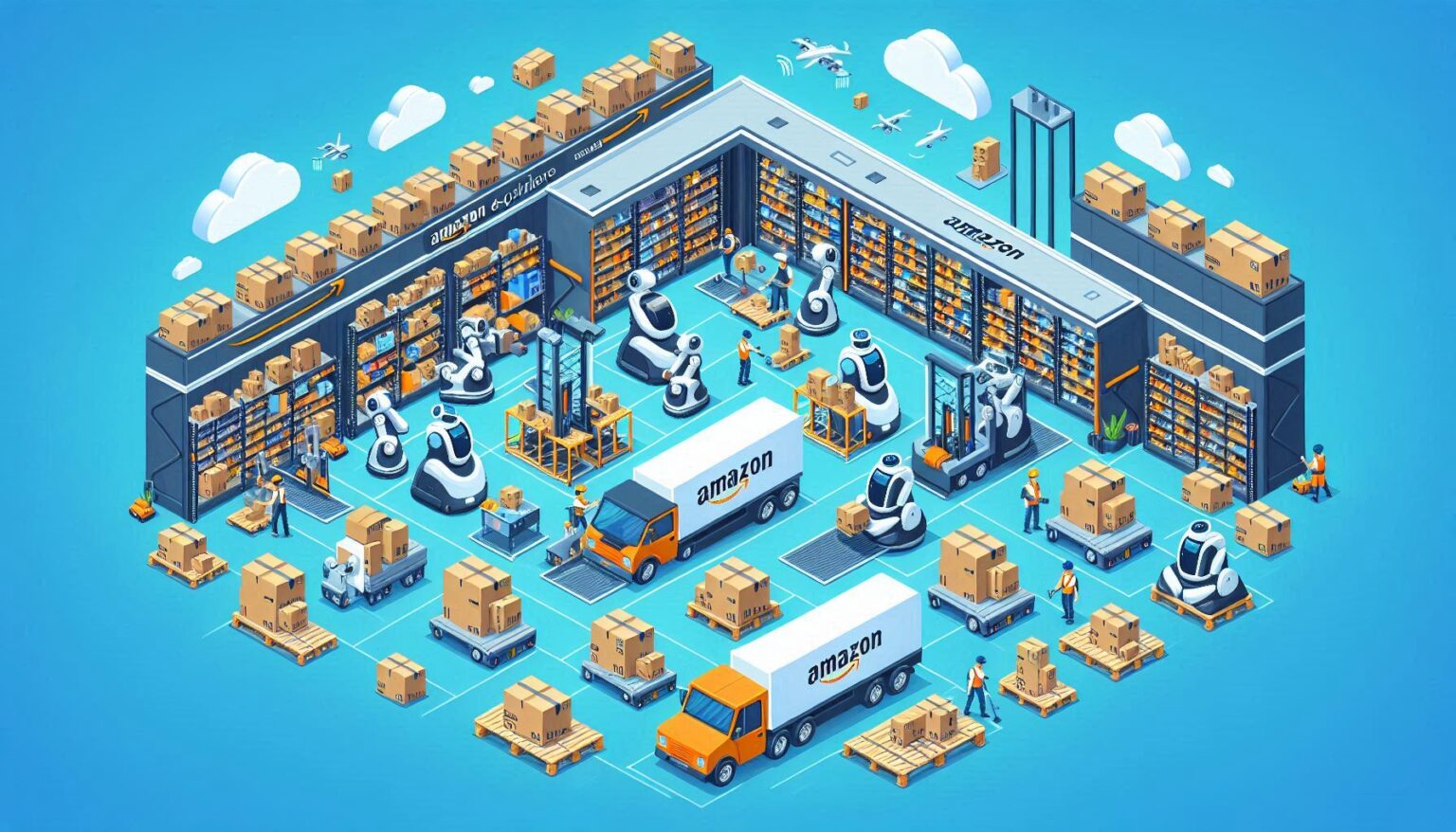In the realm of online shopping giants, Amazon Philippines emerges as a global leader, transforming the shopping experience with its extensive product range, convenience, and competitive pricing. For years, the Philippines has eagerly anticipated Amazon’s debut, and recent developments show the e-commerce giant making significant strides to establish itself in the country. Let’s explore what this entails for Filipino consumers and businesses.
Founded by Jeff Bezos in 1994, Amazon began as an online bookstore in Seattle, Washington. It swiftly expanded into diverse product categories like electronics and apparel, becoming a global e-commerce leader. In 2006, Amazon Web Services (AWS) launched, revolutionizing cloud computing with scalable solutions. Amazon’s innovations include Kindle e-readers (2007), Echo smart speakers with Alexa (2014), and acquisitions like Whole Foods Market (2017). Committed to sustainability, Amazon aims for net-zero carbon emissions by 2040 and supports social initiatives through AmazonSmile and AWS’s nonprofit aid.
Amazon Philippines Impact on Filipino market
1. Product Diversity and Availability – Amazon’s extensive catalog spans virtually every category imaginable, from electronics and fashion to groceries and beyond. Filipino consumers will gain access to a wider array of products, many of which may not have been easily accessible before.
2. Competitive Pricing and Deals – Amazon is renowned for its competitive pricing and frequent discounts. This could potentially drive down prices in the local market as other retailers adjust to compete, benefiting consumers seeking better deals.
3. Convenience and Accessibility – With Amazon’s robust logistics and delivery infrastructure, Filipinos can expect faster shipping times and reliable service, even to more remote areas of the country.
Subscribe to the Ex-works24/7 newsletter
Amazon Philippines for Filipino Businesses
1. Marketplace for Local Sellers – Amazon provides a platform for Filipino entrepreneurs and businesses to reach a global audience. Small and medium enterprises (SMEs) can leverage Amazon’s reach to expand their customer base beyond local borders.
2. Export Opportunities –The Philippines’ unique products and craftsmanship could find new markets abroad through Amazon’s global shipping network, presenting lucrative export opportunities for local artisans and manufacturers.
3. E-commerce Ecosystem Development – Amazon’s entry could spur innovation and investment in the local e-commerce ecosystem, encouraging the growth of supporting industries such as digital marketing, logistics, and online payment solutions.
Amazon Philippines Challenges
1. Competition for Local Retailers – Local retailers may face increased competition from Amazon, requiring them to innovate and enhance their offerings to retain customers.
2. Logistical and Regulatory Hurdles – Adapting to Amazon’s operational requirements and navigating local regulations could pose initial challenges for both Amazon and local businesses.
3. Consumer Protection and Trust – Ensuring consumer protection and building trust in online transactions will be crucial for Amazon’s success in the Philippines, where online shopping behaviors are still evolving.
Looking Ahead
As Amazon establishes itself in the Philippines, it is poised to reshape the retail landscape, offering consumers unparalleled choice and convenience while presenting new opportunities and challenges for local businesses. The key lies in adaptation and collaboration—embracing the benefits of a global marketplace while preserving the unique strengths of Philippine commerce.
In conclusion: Amazon’s entry into the Philippines signifies a transformative shift in the way Filipinos shop and do business online. While there are hurdles to overcome, the potential benefits for consumers and businesses alike are vast, promising a more connected and dynamic retail environment in the years to come.




